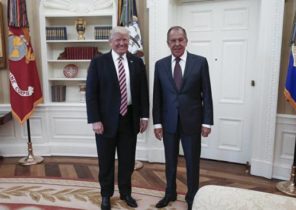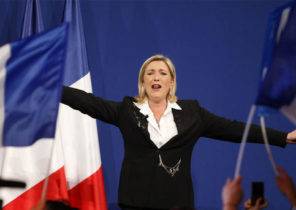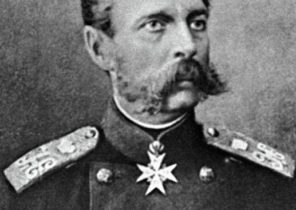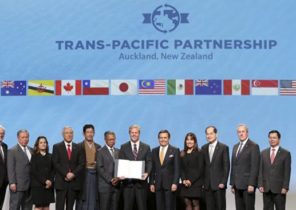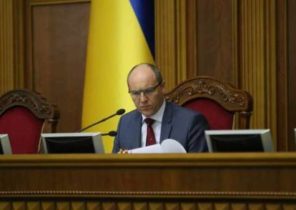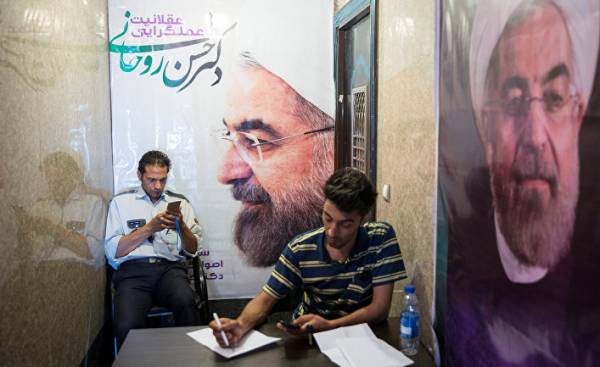
The current President of Iran Hassan Rouhani in the lead on last may 19 the election of the head of the country, according to the Ministry of internal Affairs.
After processing nearly 26 million ballots, Rouhani received 14.6 million votes, while his main rival, 56-year-old Ebrahim Raisi — conservative cleric, who is believed to enjoy the support of Iran’s Supreme leader Ayatollah Ali Khamenei 10.1 million votes.
Raisi has filed complaints alleging violations in the voting process. In particular, he accused supporters of Rouhani propaganda at the polling stations, prohibited by the electoral law.
Iranian authorities had to extend the time of operation of polling stations for five hours due to high turnout, which eventually amounted to about 70%.
According to the Ministry of internal Affairs of Iran, at the polling stations voted more than 40 million people.
According to the Ministry of internal Affairs of Iran, the turnout in the last election was quite high and amounted to 70%
Rouhani was elected to a first presidential term in 2013, promising to end the international isolation of the country and create a free society.
Two years later, the Iranian government has signed a historic agreement with six world powers under which Iran has agreed to dismantle its nuclear program in exchange for lifting economic sanctions.
Ebrahim Raisi — conservative priest and a Seyid, that is, one who is descended directly from the prophet Muhammad. He has a reputation for not willing to compromise.
The President is the highest elected official in Iran and chief Executive. However, more power has Iran’s Supreme leader, under whose control are the armed forces, the judiciary, state television and other key government organizations.
The Supreme leader determines foreign policy.
